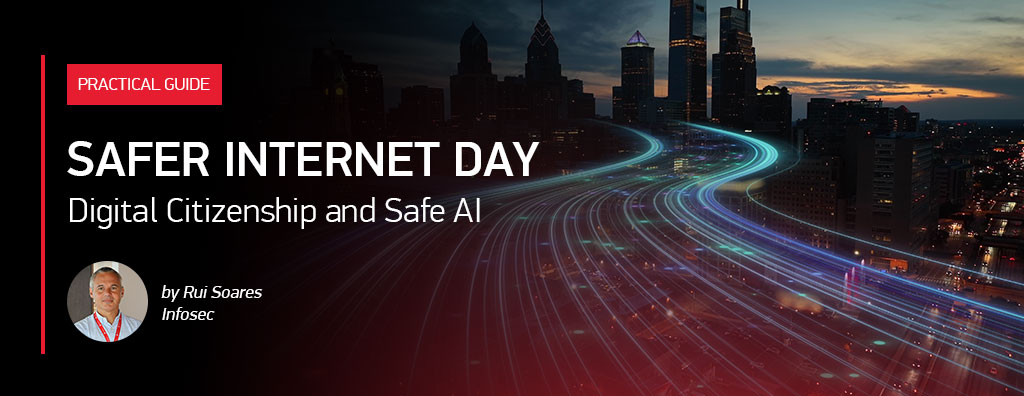
Digital Citizenship and Safe AI
Your Practical Guide to a Secure Digital Future
The digital world is constantly changing, and staying safe and responsible online is more important than ever. This article provides practical tips for everyone on practicing good digital citizenship and using AI safely.
Digital Citizenship
Building a Respectful and Trustworthy Online World
Digital citizenship is about being a responsible and ethical member of an online community. Some good practices can be easily applied to everyday life, and you can set a good example for others.
Fact-checking before you share is the most important thing you can do to make a positive impact. Misinformation spreads rapidly online, so verify its source and accuracy before sharing. Remember, always double-check your sources. Just because something sounds convincing doesn’t mean it’s true.
Sharing personal information online can have serious consequences. To protect your privacy and that of others, avoid posting your full address, phone number, or financial details. Even more importantly, never share personal information about others without their permission. Ask yourself: Would you share personal information with a random person on the street? If not, why share it online with millions of people? Think before you post: Could this information be used to identify or track someone?
Communicate respectfully online, the same way you would in person. Do no resort to cyberbullying, harassment, and personal attacks. Engage in constructive dialogue, even when you disagree. Remember: What happens online stays online forever.
Protect your accounts and data by using a password manager to create and store complex passwords. People aren’t good at creating hard-to-guess passwords (and then remembering them). Consider using passkeys, a safer way to sign in, using your fingerprint, face, or device PIN instead of passwords. Also, enable Multi-Factor Authentication whenever possible. This adds an extra layer of security by requiring a second form of verification (like a code from your phone).
Stay informed to keep up with the constantly evolving digital landscape. Take responsibility for staying informed and adapting your online habits.
Using AI Responsibly in Everyday Life
AI as a Partner, Not a Replacement
Artificial Intelligence (AI) is becoming a part of our daily routines, from voice assistants to personalised recommendations and even automated decision-making tools. To use AI responsibly, you must first understand how it works and the data it relies on.
Be mindful of what information you share with AI-powered services. Some apps collect personal data to improve their performance. To protect your information, always review your privacy settings and opt out of unnecessary data collection when possible.
Ethical AI use also means recognizing and questioning biases in AI systems. Many AI tools are trained on data that may reflect societal biases, which can lead to unfair outcomes, such as discriminatory hiring practices or misleading information. Stay critical of AI-generated content, double-check important facts from reliable sources, and avoid spreading misinformation.
Finally, balance AI’s convenience with human judgment. While AI can enhance decision-making, it should not replace critical thinking or human connections.
| Use AI as a tool to support your choices rather than relying on it blindly.
By staying informed, questioning biases, and using AI as a complement rather than a replacement, we can all contribute to a safer and more ethical digital world.
Conclusion: Building a Safer Digital Tomorrow, Together
Digital citizenship and safe AI use are vital for creating a secure, ethical, and inclusive online environment. By verifying information, respecting privacy, using secure practices, and staying compliant with regulations, you can lead the way to a safer digital future. Start taking these actions today—because every small step makes a big difference!
Essential Tools and Resources
Fact-Checking Tools
– Snopes: Debunks rumours and urban legends.
– Google Fact Check: Verifies the accuracy of news articles.
Passkey – an alternative to passwords
– Mastercard’s on passkeys ⇾ Read it here
Cybersecurity Awareness
– StaySafeOnline.org
– CISA
AI Regulations
– EU AI Act
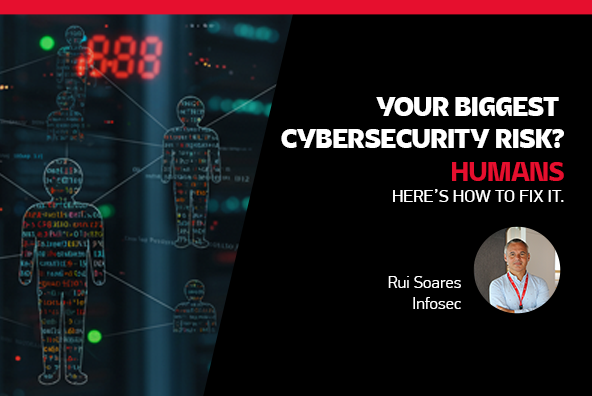 Your Biggest Cybersecurity Risk? Humans. Here’s How to Fix It.
Your Biggest Cybersecurity Risk? Humans. Here’s How to Fix It.
Your Biggest Cybersecurity Risk? Humans. Here’s How to Fix It.
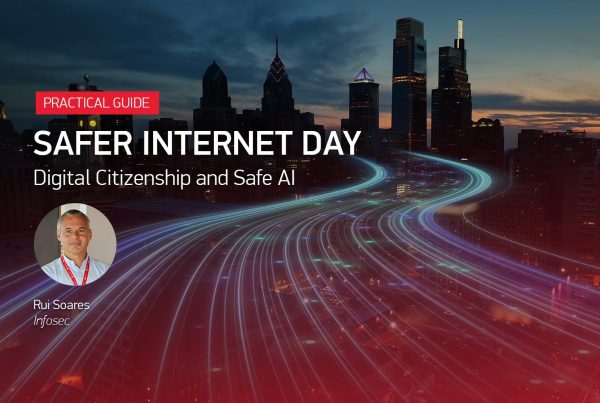 Safer Internet Day
Safer Internet Day
Safer Internet Day
 Optimizing IT Costs: CAPEX & OPEX
Optimizing IT Costs: CAPEX & OPEX



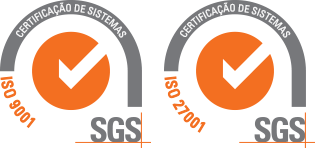

Recent Comments